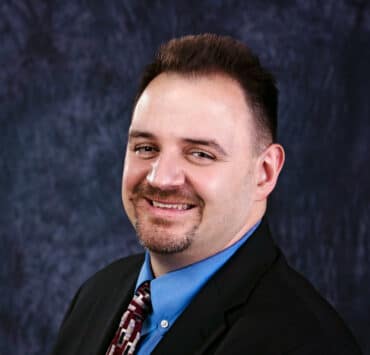|
Getting your Trinity Audio player ready...
|
Janet Castellano works at one of the most well known companies in the world. Headquartered in New York City, Bristol Myers Squibb (BMS) is one of the leading manufacturers of desperately needed pharmaceuticals and biologics for cancer, diabetes, cardiovascular disease, and other serious conditions. The world may not know much about Castellano, who works primarily behind the scenes as senior corporate counsel of HR law. But people working in all functions at BMS—research and development (R&D), commercial manufacturing, finance, IT—not only know who Castellano is but are keenly aware of the value she brings to the organization.
Castellano attended Seton Hall University as both an undergraduate and a law student. Located just a few miles from Manhattan, Seton Hall focuses on preparing students to become servant leaders in a complex, global society.
Castellano certainly seems to have taken that philosophy to heart: since graduating from the Seton Hall University School of Law in 1999, she has dedicated herself to serving both causes and people in need. In 2018, she was named to the volunteer honor roll for the Pro Bono Partnership, an organization dedicated to providing free legal services to nonprofits around the country. And since 2015, Castellano has overseen affirmative action and equal employment opportunity (EEO) efforts at BMS.
Lowenstein Sandler, a national law firm known for approaching each client and each case with integrity and respect, as well as for a commitment to pro bono work on behalf of both individuals and communities, is pleased to have helped Castellano develop this kind of leadership style during her six years at the firm.
“Lowenstein Sandler is proud to call Janet Castellano of Bristol Myers Squibb a firm alumna, client, and friend; we congratulate her on her many accomplishments—especially in D&I—and look forward to our continuing collaboration,” says David M. Wissert, a partner as well as the general counsel and chair of employment practice at Lowenstein Sandler.
To this today, Castellano remains heavily involved in BMS’ D&I programs. But of course, as an experienced employment law attorney, she also supports the BMS workforce in a number of other ways.
When Castellano joined the pharmaceutical giant in 2006, she began working to support the company’s manufacturing and R&D departments. Since then, her responsibilities have expanded, and she is now tasked with providing legal support to the company’s “legal think tank” as well as to finance, IT, and another business-enabling functions. These functions are the backbone of the organization, Castellano explains, and she is excited to help them thrive.
In the past two years, however, Castellano and her colleagues on the BMS team have faced bigger challenges than ever before. In 2019, the company completed the acquisition of Celgene, a major pharmaceutical company focused on the development of immunology and cancer therapies. As Castellano points out, this was the company’s largest acquisition since BMS acquired Squibb in 1989. Then, in October 2020, BMS announced that it would acquire MyoKardia, a pioneering organization exclusively focused on cardiovascular conditions, for $13 billion.
Castellano and her team have been hard at work integrating those two companies into BMS’ systems. Never, she emphasizes, has she had to help merge such massive workforces and find ways to help them truly come together. But as Castellano’s partners at Morgan, Lewis & Bockius know, she is more than up to the task.
“Janet is practical and partners with the business to help it achieve its goals. This year has presented a series of unprecedented challenges,” remarks Thomas Linthorst, a partner at the firm, “and Janet’s talents have been critical to helping BMS navigate these waters.”
No matter what happens, Castellano delivers—to her colleagues, to the business, and, ultimately, to the innumerable BMS patients around the world.
Better Outcomes for All
While the Bristol Myers Squibb (BMS) has a long history of addressing health disparities in the US and abroad, the COVID-19 pandemic and racial unrest in the United States have motivated the pharmaceutical giant to find more and better ways to support the diverse populations it serves. In 2020, BMS committed to the following goals:
$300 million invested over the next five years to expand and accelerate D&I and health equity efforts
250 racially and ethnically diverse clinical investigators trained to enroll underserved patients in clinical trials
$1 billion spent globally by 2025, in partnership with Black- and diverse-owned businesses, in order to create jobs and generate positive economic impact in underserved communities
Related Links
Cedars-Sinai Executives Dish on Industry, Los Angeles, and More

